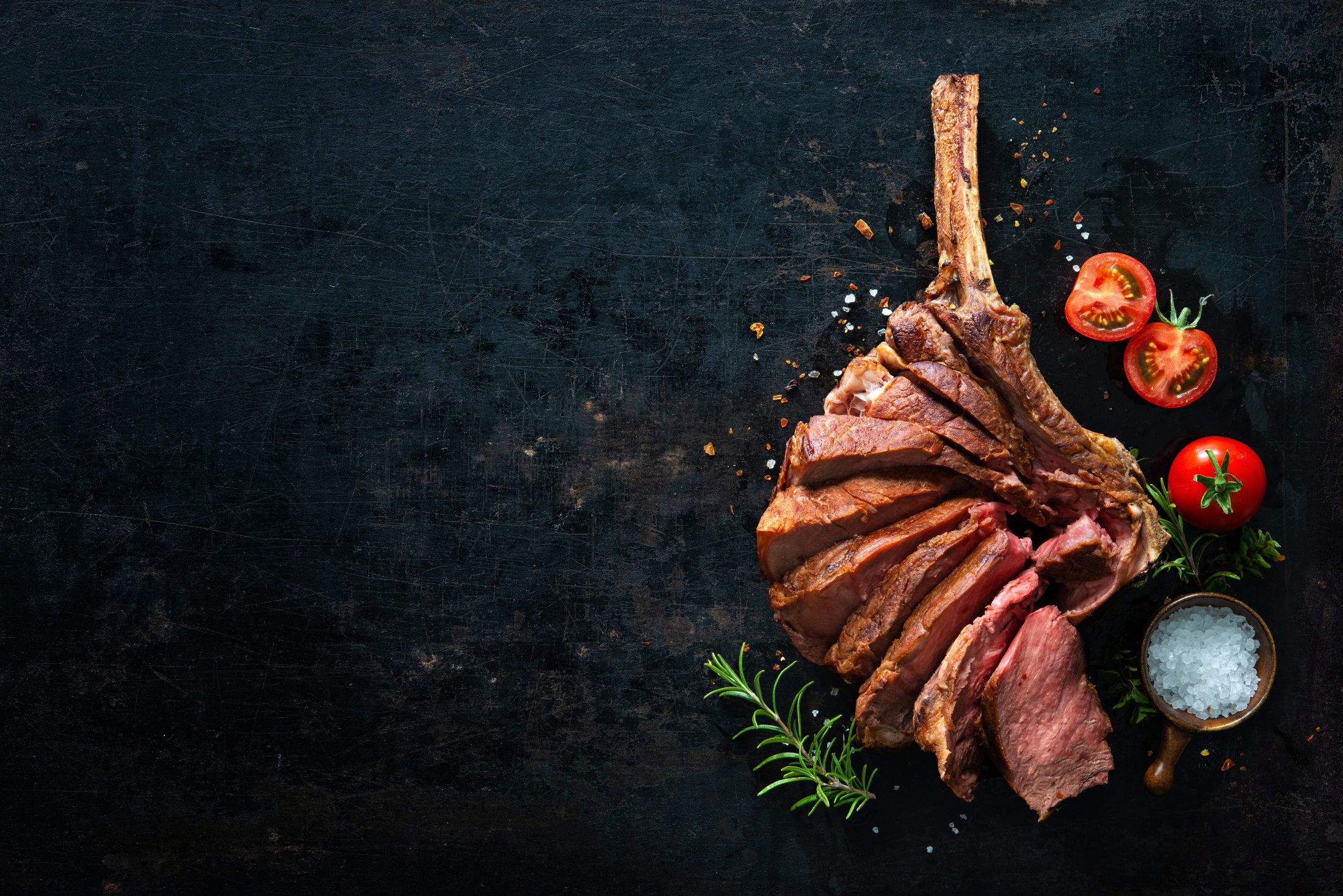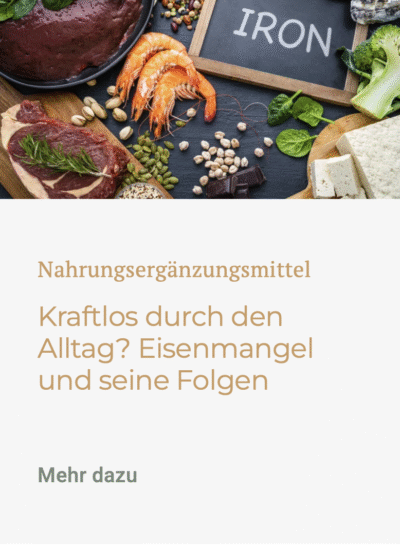
For a long time, eating meat – especially red meat – was suspected of increasing the risk of cancer. But there are new findings. Once again, science is now correcting itself. A new long-term study with almost 16,000 participants over 20-30 years provides surprising findings: Not only could eating animal protein not increase the risk of cancer (a double negative!) – it could actually lower it! What else is there to believe?
These results are in direct contradiction to years of warnings and the WHO classification of red meat as “probably carcinogenic”. What does this mean for your dietary decisions now and why does the quality of the meat play the decisive role?
The surprising turnaround
The 2025 in “Applied Physiology, Nutrition, and Metabolism” tracked nearly 16,000 adults over decades and analyzed nearly 4,000 deaths between 1988 and 2006. The result is remarkable: people who consumed just half an ounce more animal protein per day had about a 20 percent lower risk of dying from cancer. With one ounce more, the risk even fell by almost 40 percent!
Unlike many previous dietary studies, which are based on participants’ often error-prone memories, this analysis used advanced statistical modeling. The researchers also looked at insulin-like growth factor 1 (IGF-1), which is often suspected of promoting cancer through protein consumption – but found no link between IGF-1 levels and cancer risk.
The dramatic contrast to the 2014 study
These findings are in direct contradiction to a widely cited 2014 study led by Valter Longo, which claimed that a high-protein diet in middle age would almost double the likelihood of dying and even quadruple the likelihood of dying from cancer. These alarming statements made the headlines in the media at the time, with headlines such as “Meat and cheese could be as harmful as smoking”. The methodological differences between the studies are significant – the older study often divided participants into broad, unequal groups such as “low” versus “high” protein eaters, an approach that can lead to bias.
The WHO classification of meat: still up to date?
In 2015, the WHO’s International Agency for Research on Cancer (IARC) classified red meat as “probably carcinogenic” (Group 2A) and processed meat even in the same category as tobacco smoking and asbestos (Group 1, carcinogenic to humans). However, these classifications describe the strength of the scientific evidence, not the actual level of risk.
The strongest – albeit limited – evidence for a link with red meat consumption is for colorectal cancer, with weaker evidence for links with pancreatic and prostate cancer. For processed meat, the IARC concluded that it can cause colorectal cancer, with each 50-gram serving consumed daily increasing the risk by 18%.
The new long-term study now calls these blanket classifications into question and suggests that the reality is more complex than previously assumed.
This might also interest you:
Why meat quality is crucial
A crucial factor that is often overlooked in the debate: not all meat is created equal. After 30 years of research, scientists found that grass-fed beef contains three times more omega-3 fatty acids, seven times more vitamin A and ten times more vitamin E compared to conventional feedlot meat. It also has higher concentrations of cancer-fighting antioxidants such as glutathione and superoxide dismutase.
Of particular interest is conjugated linoleic acid (CLA), which is often twice as concentrated in grass-fed meat as in grain-fed meat. CLA has gained a reputation as an anti-cancer nutrient, with promising evidence of beneficial effects in some cancers.
The role of processing and preparation
Not only the origin of the meat, but also its processing and preparation have a significant impact on the risk of cancer. Meat processing such as curing or smoking can lead to the formation of potentially carcinogenic chemicals such as N-nitroso compounds and polycyclic aromatic hydrocarbons.
The cooking method also plays a role: high-temperature cooking, especially over an open flame (grilling, barbecuing), can produce carcinogenic substances such as heterocyclic aromatic amines. These factors may explain why processed meat is consistently associated with higher cancer risks in studies than fresh meat.
Research gaps: Organic vs. conventional
Despite the extensive research, there are still significant gaps in knowledge. In the research reviewed, there were no studies that directly compared the carcinogenic risk of grass-fed versus conventionally fed meat. Also, none of the large studies commented on whether the animal protein consumed was organic or grass-fed – a crucial shortcoming given the proven nutritional differences.
Surprisingly, a study on persistent organic pollutants (POPs) showed that organically produced meat does not necessarily offer a lower risk of cancer – it could even be higher. This counterintuitive finding underlines the complexity of the issue and the need for further research.
Your personal path through the protein jungle
What do these contradictory findings mean for your daily dietary choices? The new study exonerates animal protein from its reputation as a cancer-causing agent and even suggests potential protective effects. However, this is not an invitation to unlimited meat consumption.
Instead, the findings suggest that quality is more important than quantity: Choose grass-fed and unprocessed meats, avoid highly processed meat products and look for gentle preparation methods. The balance between animal and plant proteins remains important, and individual factors such as age, activity level and health status should be taken into account.
Beyond the headlines: Rethinking the science of nutrition
The dramatic turnaround in the assessment of animal protein is a warning to be cautious about simplistic dietary recommendations. Scientific knowledge continues to develop, and what is considered certain today may be outdated tomorrow. This development underlines the importance of a differentiated, individual approach to nutrition rather than blanket bans or recommendations.
Most importantly, the quality of your food can be more important than broad categories such as “animal” or “plant-based”. At a time when food trends come and go, a return to high-quality, natural food remains a reliable compass for long-term health.
Sources:
Basic study: Publication: Applied Physiology, Nutrition, and Metabolism
16 July 2025
https://doi.org/10.1139/apnm-2023-0594
sciencedaily.com – Eating meat may protect against cancer, landmark research shows
sciencedaily.com – Meat and cheese may be as bad for you as smoking
who.int – Cancer: Carcinogenicity of the consumption of red meat and processed meat
Image source: istockphoto.com
Grilled dry tomahawk steak | credits @ AlexRaths
🩺 Medically tested
This article has been professionally reviewed by Dr. Verena Immer. She is a doctor of integrative and anti-ageing medicine with a holistic approach that combines conventional medical knowledge with complementary methods. She has successfully applied the concept of individualized medicine in her own practice near Munich and currently offers personalized medicine – with a focus on longevity – in Switzerland.
Disclaimer
This blog is for general informational purposes only and does not constitute the practice of medicine, nursing or other professional health care services, including the giving of medical advice, and no doctor-patient relationship is established. Use of any information contained in this blog or materials linked to this blog is at the user’s own risk. The content of this blog is not intended as a substitute for professional medical advice, diagnosis or treatment. Users should not ignore or delay medical advice for any medical conditions they may have and should seek the help of their healthcare professional for such conditions.










